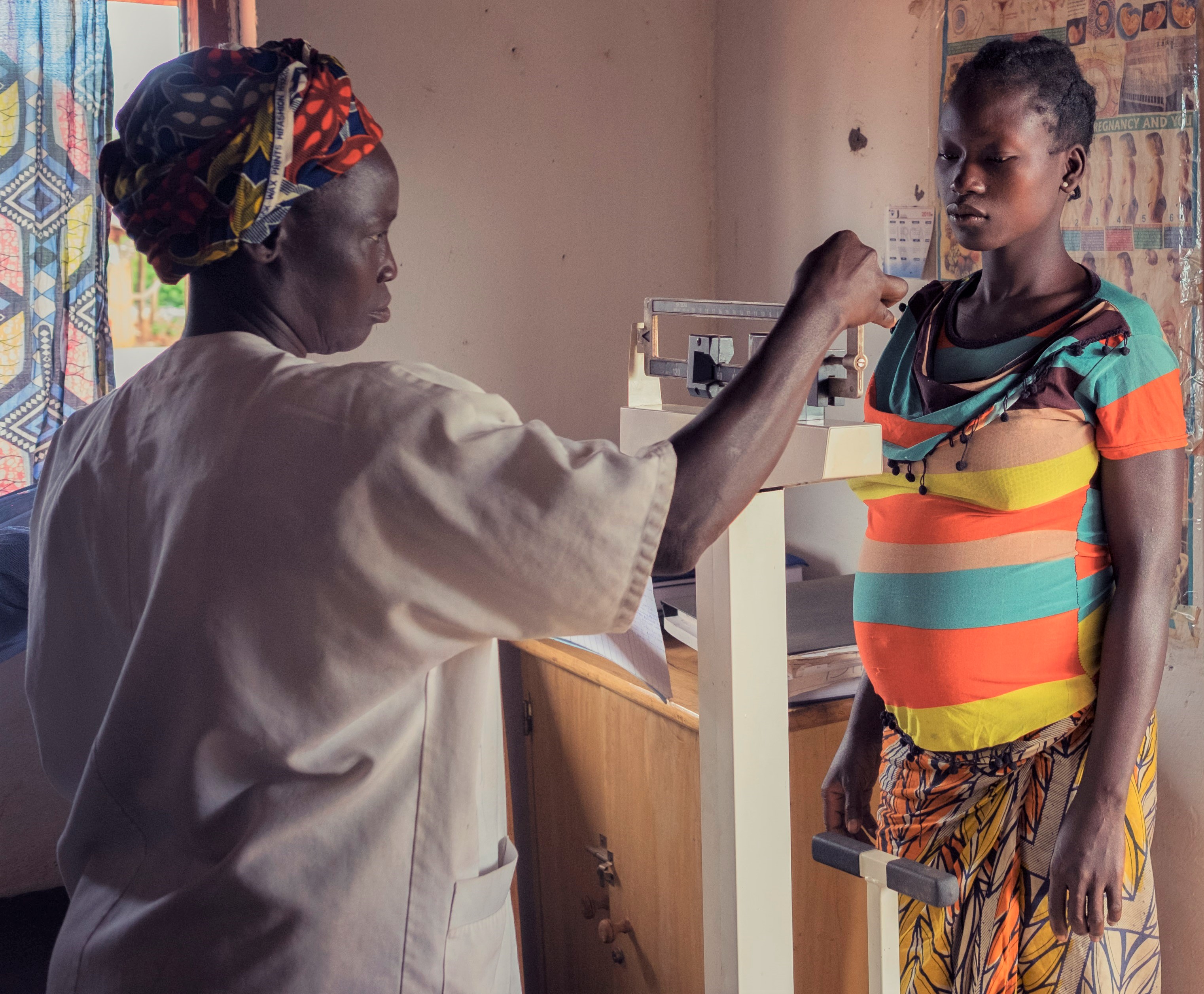Including small and medium private providers in health insurance programs

private providers can help expand access to health services and relieve pressure on public facilities. | Credit: © ALIMA/Nanna Kreutzmann
A new brief from SHOPS Plus, Opening the Door to Health Insurance Programs: Experiences of Small and Medium Private Providers, shares the experiences of smaller private providers who participate in health financing programs, particularly government-sponsored programs. It cites examples from the Dominican Republic, Ghana, India, Kenya, the Philippines, and Tanzania.
Small and medium private providers play an important role in extending family planning and other health services to poor and underserved groups, yet they remain underrepresented in health sector policies and programs.
Participating has benefits for private providers and clients
Participating in health financing programs can help providers attract and retain clients, increase revenues, and operate their businesses more efficiently—and ultimately it can promote sustainability of their practices.
The expansion of health financing programs in support of universal health coverage poses an opportunity and signals a trend toward pre-paid, pooled financing programs that purchase services more strategically. These programs offer a growing source of clients and revenue that can reduce reliance on out-of-pocket payments for clients and help promote the financial viability of small and medium private provider practices.
Providers face many challenges in participating
Small and medium private providers operate independently and their number, location, and capacity are not well known by national decision makers. Many small and medium private providers lack resources, including sufficient capital, and business skills. Despite these challenges, they are increasingly seen as valuable partners by governments to scale up health financing programs. These providers can help expand access to health services and relieve pressure on public facilities, often at a lower cost than would be required for governments to invest in new infrastructure.
The requirements and processes for small and medium private providers to participate in health financing programs, and the ease (and pitfalls) of doing so have not been well documented. These providers often have fewer resources and the participation process can be arduous and costly.
Social franchisors can help
A third party can play an important role in helping small and medium providers navigate the process of participating in a health financing program.
This intermediary role is exemplified by some social franchisors. In effect, the franchisor trains the franchisee to satisfy regulatory and other requirements to participate in health financing programs and provide quality, efficient services. An intermediary may offer additional benefits, such as peer learning and bulk purchasing to lower a provider’s costs, or refresher training for provision of family planning or other services.
Provider associations and third-party administrators of health financing programs are examples of other potential intermediaries.
Well-Family Midwife Clinics and BlueStar Philipinas are two social franchise networks in the Philippines that have helped midwife franchisees participate in PhilHealth, the national social health insurance program. With support from the African Health Markets for Equity partnership, Marie Stopes Kenya and PS Kenya help franchisees participate in Kenya’s National Hospital Insurance Fund. Similarly, PS Kenya demystifies the process for Tunza network franchisees to participate.
Purchasers of health services can help
Those who purchase health services can do more to help small and medium private providers participate in health financing programs. Purchasers can:
- Invest in reliable and current data on the total health system, particularly on small and medium private providers. Better data can be used to identify where small and medium private providers can be recruited to expand access to underserved areas and groups, such as youth for family planning services, possibly at a lower cost.
- Incentivize providers. Continue to align financial and other incentives to provide the right mix and level of services, including full method choice for family planning. Payment mechanisms and rates must cover the real costs of counseling and other services and be timely and reliable.
- Be efficient. Collaborate with other quality assurance and regulatory bodies to streamline contracting and operating processes. Work with intermediaries to help providers participate in programs.
- Be flexible. One size doesn’t fit all; participation criteria for larger providers can be adapted to be relevant and appropriate for smaller providers.
Small and medium private providers should evaluate the merits of participating in a particular health financing program based on their own specific goals and circumstances. They are best advised to view participation as an investment in quality and accountability. Successful participation requires time and resources, and ongoing collaboration and monitoring by purchasers and providers. Providers should consider working with an intermediary that can support them to participate in health financing programs. They should stay abreast of quality initiatives and other requirements linked to the health financing programs they participate in (or wish to in the future) and plan accordingly.
Read the brief to learn more about the experiences of private providers in health insurance programs.